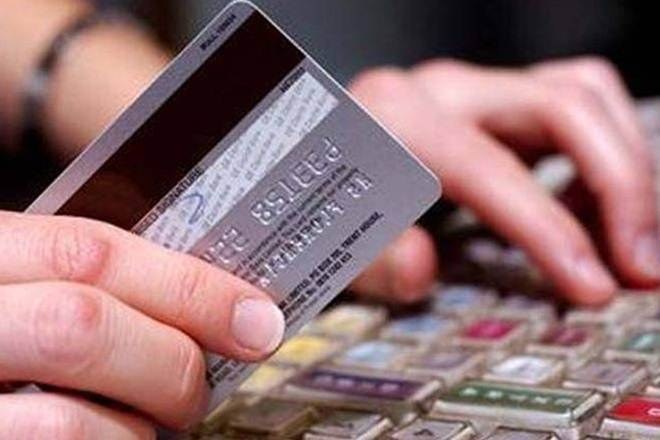Loans against credit cards aren’t an uncommon phenomenon, as most banks are now offering cardholders loans against credit cards at varying interest rates.
Card-holders using a credit card can easily apply for an instant loan against their credit cards. These loans are quite similar to personal loans. However, know that while a personal loan takes a couple of days to get approved, a loan against credit card is pre-approved.
Additionally, a loan against a credit card does not require documentation, unlike a personal loan. Because of which, this unsecured loan option is one of the quickest and easy options to raise finance to cover emergency financial needs.
Most banks like ICICI Bank, HDFC Bank, HSBC Bank, and Citibank in India offer loans against their credit cards. For instance, HDFC Bank offers ‘insta loans’ and ‘insta jumbo loans’ against HDFC Bank Credit Cards. These are pre-approved loans, and the bank offers immediate disbursal of the amount once the loan is approved.
If you are also planning to take a loan against your credit card, here are some things to be aware of:
1. Late payments: Late payments can affect your chances to get a top-up loan. Various banks offer top-up loans to individuals against credit cards. However, to be eligible the cardholder should have a clean credit history with no instances of inconsistent payments.
Hence, if you have a loan against your credit card, know that making late payments can impact your chances of getting a top-up. Try to avoid late payments, to get loans easily in the future.
2. Loan default: A default in a loan is recognized as a loan default and not a credit card default. Keep in mind that, there will be a difference in the impact on defaults on credit card repayments and those on loan repayments.
While credit card defaults affect credit scores quite significantly, a default on a loan against a credit card will amount to a loan default, having a much more severe effect on the card holder’s credit score. Hence, with credit card loans, the impact is more pronounced on loan defaults, especially home loan defaults.
3. Tenure: The cardholder can themselves choose a tenure of his/her choice. Most banks offer a flexible tenure option with loans on credit cards, wherein the customer can opt for a repayment period of his/her choice. With unsecured loans against credit cards, usually, banks offer a maximum tenure of 24 months, however, some banks also have tenure options over 24 months.
4. Interest rates: Interest rates on credit card transactions attract normal credit card interest rates. For instance, if your loan against card amounts to 65 per cent of your credit limit, the remaining 35 per cent, will attract prevalent credit card interest rates. Hence, if you use your credit card to make a transaction and fail to repay it within the interest-free period, you will be charged an annual interest rate of about 35 per cent.
5. Pre-close your loan: Cardholders can pre-close their loan at any time they want. Cardholders can do so at any time, without necessarily intimating their banks. However, pre-closure charges will be levied as determined by the lender.
6. Processing charges: While taking a loan against a credit card, processing fees are levied on the loan. This, however, depends on the bank in question. Generally, processing charges on personal loans by banks fall in the range between 1 to 5 per cent.

